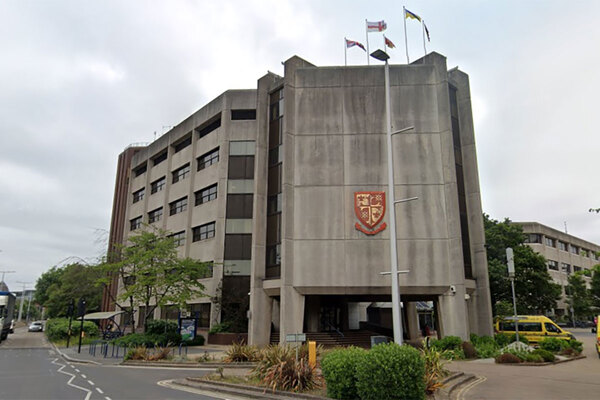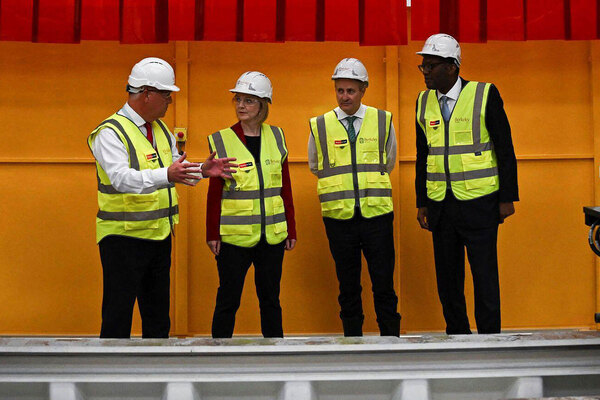Building safety crisis sees 15% rise in social landlord maintenance spend
Registered providers of social housing have increased repairs and maintenance spend by 15% in response to the building safety crisis, the Regulator of Social Housing (RSH) has found.
The regulator’s annual value for money metrics report showed that capitalised major repairs, total repairs and maintenance costs increased by 15% to £5.7bn between 2017 and 2020.
The report, which measures the sector’s performance against value for money criteria, found that the average headline social housing cost has increased by 4% to £3,830 since 2018 due to a range of factors including building safety.
Since the Grenfell Tower fire in 2017, in which 72 people were killed, widespread building safety defects have been discovered across the country’s private and social housing stock.
Over the past three years, more than half of the sector reported an increase in repairs and maintenance spend of greater than 5% which the regulator said was “partially attributable to building safety spend and health and safety compliance costs”.
The RSH said there has been a “significant increase” in investment into existing and new social stock over the past three years. Total reinvestment in new or existing social housing properties increased from £9.6bn in 2019 to £12.2bn in 2020.
But the regulator noted some areas of the country experienced a slowdown in market sales activity, meaning some providers increased their borrowing to maintain delivery of new social housing supply in the future.
Inside Housing previously revealed that the RSH expects housing associations to borrow £42bn over the next five years.
Elsewhere in the report, the RSH noted that the 1% rent reduction, introduced in 2016 in England, continues to have an impact on the sector’s operating margin for its social housing lettings activity. Over the past five years, the margin has fallen from 32.1% in 2016 to 27.8% in 2020.
Fiona MacGregor, chief executive of the RSH, said: “Having a strategic approach to delivering value for money and providers maximising the delivery of their objectives is a key regulatory requirement.
“At a time when registered providers face a growing range of competing pressures and will be forced to make difficult choices, the importance of focusing on value for money has never been more important. These hard choices and trade-offs will demand informed strategic decision-making and will benefit from transparent and open conversations with key stakeholders.”
Sign up for our development and finance newsletter
Already have an account? Click here to manage your newsletters














